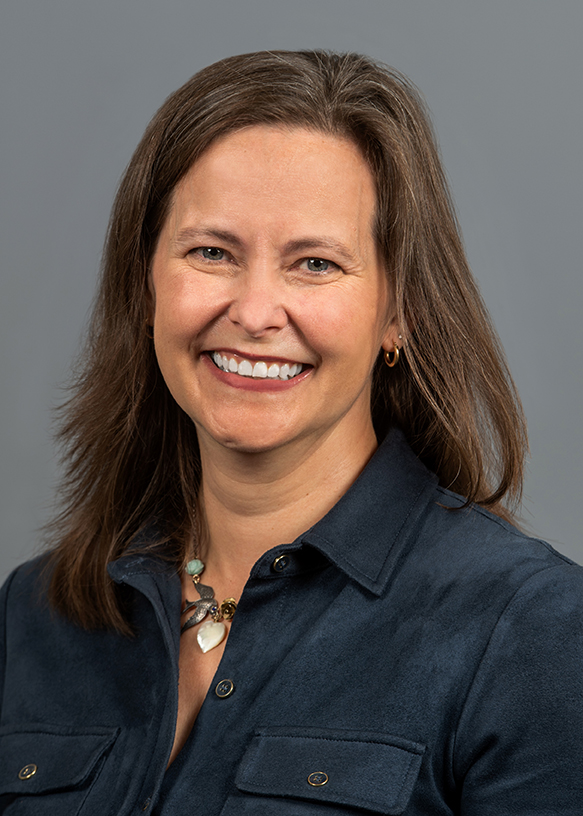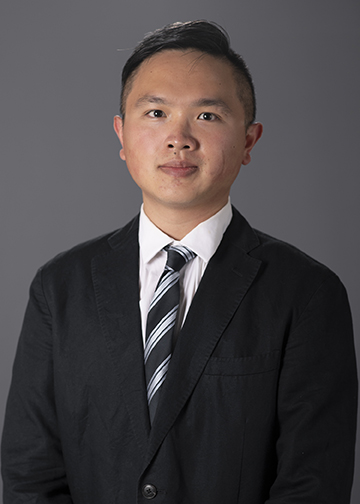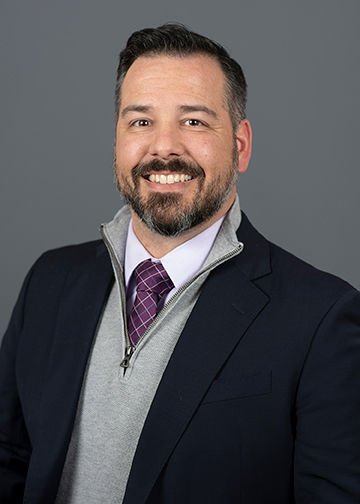- Academic Programs & Support
- Departments, Schools & Colleges
- College of Business
- About the College of Business
- Ideas with Impact
- Increased School Choice May Improve Student Mental Health
Increased School Choice May Improve Student Mental Health

Angela Dills
A groundbreaking study co-authored by a Western Carolina University professor of economics indicates that increased school choice may result in improvements in student mental health, with fewer incidents of adolescent suicide and a lower likelihood of mental health issues later in life.
The study, titled “The Effects of School Choice on Mental Health” and published in the journal School Effectiveness and School Improvement, was the brainchild of Angela Dills, the Gimelstob-Landry Distinguished Professor of Regional Economic Development at WCU, and colleague Corey A. DeAngelis, education policy analyst at the Cato Institute’s Center for Educational Freedom.
For the study, Dills and DeAngelis collected data from 49 states covering a 40-year span (1976 to 2016), along with nationally representative data from more than 4,300 students who took part in the 1997-1998 cohort of the National Longitudinal Survey of Youth. Using the two datasets, they explored the question of whether school choice has an impact on the frequency of teen suicides and adult mental health problems.
School choice gives parents the opportunity to send their children to schools that may be better suited for their individual needs, personalities and learning styles, Dills said. In addition to performance in the classroom, the ability to choose a child’s school may also affect other outcomes, including mental health, she said.
Dills and DeAngelis used their compiled data to compare the changes in outcome over time among populations of students from different school settings, including public schools, charter schools, and private schools in states with voucher laws that provide parents with some or all of the public funding allocated to their children’s education and allows them to apply it to the cost of attending a private schools.
“What we found is that states that have passed charter school laws are seeing a drop in the number of adolescent suicides,” Dills said, estimating that the study found a 10 percent decrease in the rate of suicide among 15- to 19-year-olds. “In addition, in states that have adopted private school voucher laws, we saw a decline in teen suicides, but it was not a statistically significant change.”
The study also used survey data to examine the potential link between attending private schools and the prospect of mental health problems later in life, while taking into account an array of personal characteristics that individuals may have, including age, race, gender and socioeconomic factors.
“When controlling for these factors, our estimates suggest that private schooling reduces the likelihood that those students will go on to report having mental health issues as adults,” Dills said.
Those who attended private school are about 2 percentage points less likely to disclose having a mental health issue at about age 30 or to be treated for a mental illness as an adult, compared with those who attended public schools, she said.
“Our findings raise the question of whether increased school choice could improve students’ short- and long-term mental health,” said Dills. “It’s likely that private schools face stronger competitive pressures to provide a safer school environment and improve mental health if they want to remain open. Public schools, on the other hand, are more likely to be burdened with government regulations that make it difficult for them to control discipline policy and create strong school cultures.”
With school shootings occurring on an all-too-frequent basis and widely reported problems across the educational spectrum related to the global COVID-19 pandemic, the research by Dills and DeAngelis is very timely, The Wall Street Journal said in an editorial titled “School Choice: Better than Prozac.”
“The study is especially relevant amid the pandemic slide in student learning and mental health,” the newspaper stated.
But why? “I suspect the public school response to the pandemic – by closing and shifting many students to virtual learning – added to the mental health concerns that students are dealing with. Moving forward, I’m not sure how public schools can address these concerns. What our study suggests is that allowing families more paths out of the public schools may be beneficial,” Dills said.
“But that implies that other types of educational contexts are providing a better situation for students to manage their mental health – whether that’s because the school is a better fit for that particular student or an escape valve to remove themselves from a challenging situation, or that other types of schools are providing a healthier environment for students’ mental health,” she said.
While she suspects that private schools may focus more on discipline and character and have less tolerance for bullying and other bad behavior by students, additional research is needed. That research may help determine the procedures and policies that seem to result in better mental health outcomes for graduates of charter schools and private schools could be identified, Dills said.

